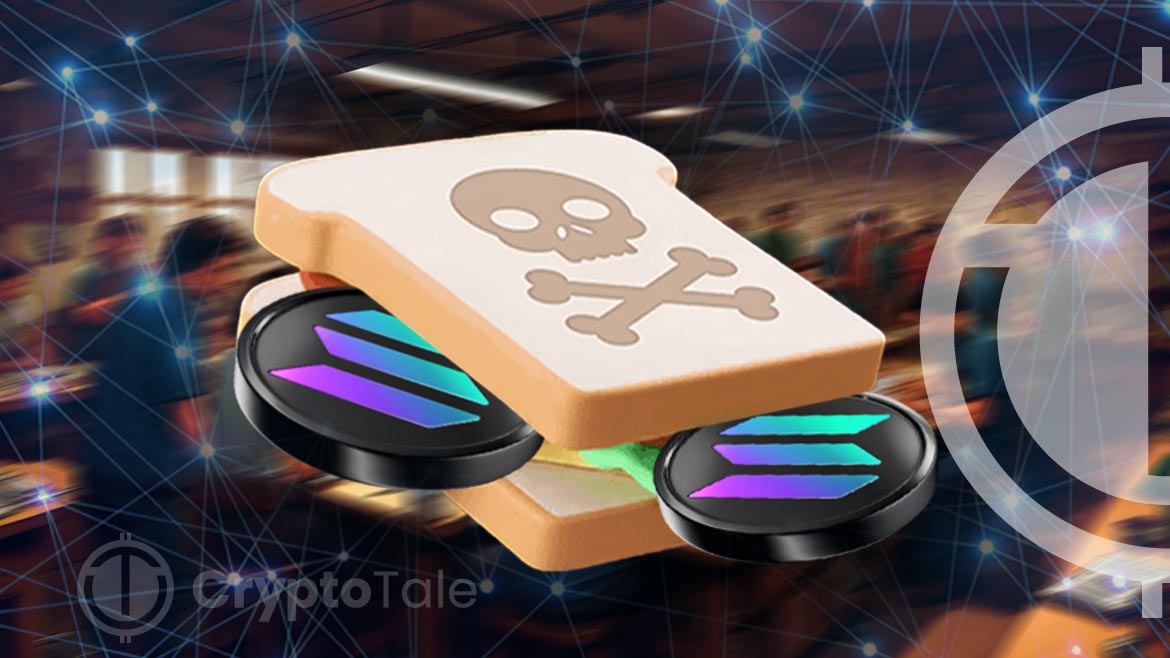- The Solana Foundation expelled validators involved in sandwich attacks from its delegation program.
- Validators were penalized for using private mempools to manipulate transaction prices for personal gain.
- Solana’s delegation program supports validators but requires adherence to ethical standards.
The Solana Foundation has taken decisive action against validator operators involved in sandwich attacks, removing them from its delegation program. Tim Garcia, Solana’s Validator Relations Lead, announced on Discord that the foundation will not tolerate such malicious activities. He emphasized that validators found participating in private mempools to execute sandwich attacks or harm Solana users will be permanently banned from the delegation program.
What is a Sandwich Attack?
A sandwich attack is a type of front-running exploit where an attacker places two transactions around a victim’s transaction to manipulate the asset’s price and profit from the difference. This guarantees that retail investors receive the worst possible price while the attacker extracts all the profit. Such attacks are made possible through mempools, where pending transactions can be manipulated.
Solana Validators and Sandwich Attacks
Validators on the Solana network were identified for their participation in mempools enabling sandwich attacks. These actions are strictly against the rules set by the Solana Foundation, which prohibits validators from engaging in malicious activities. Mert Mumtaz, co-founder of Solana RPC provider Helius, explained that certain operators had modified their validators to enable these attacks, exploiting retail users for personal gain.
PayPal Launches PYUSD on Solana For Fast and Low-Cost PaymentsThe Solana Foundation’s Delegation Program was established to assist validators by delegating SOL tokens to them, thus relieving them from holding a significant amount of tokens. However, validators must adhere to good practices, and those found abusing the system for profit will no longer receive delegated stakes from the foundation.
Garcia reiterated that the Solana Foundation is committed to protecting retail users from exploitation, ensuring that validators who engage in sandwich attacks are permanently removed from the delegation program.
Recent Sandwich Attacks
Amid growing concerns within the crypto community about sandwich attacks, Jito Labs, a Solana MEV startup, recently announced it would suspend the mempool functionality of its Jito Block Engine to curb these activities. This decision, made in consultation with key Solana stakeholders, aims to protect retail traders from MEV searchers who exploit transaction sequencing for profit, despite receiving mixed reactions from industry participants. Concurrently, a significant Ethereum sandwich attack saw a rogue validator, who had recently deposited 32 ETH, manipulate an MEV bot to steal $25 million worth of various cryptocurrencies.






